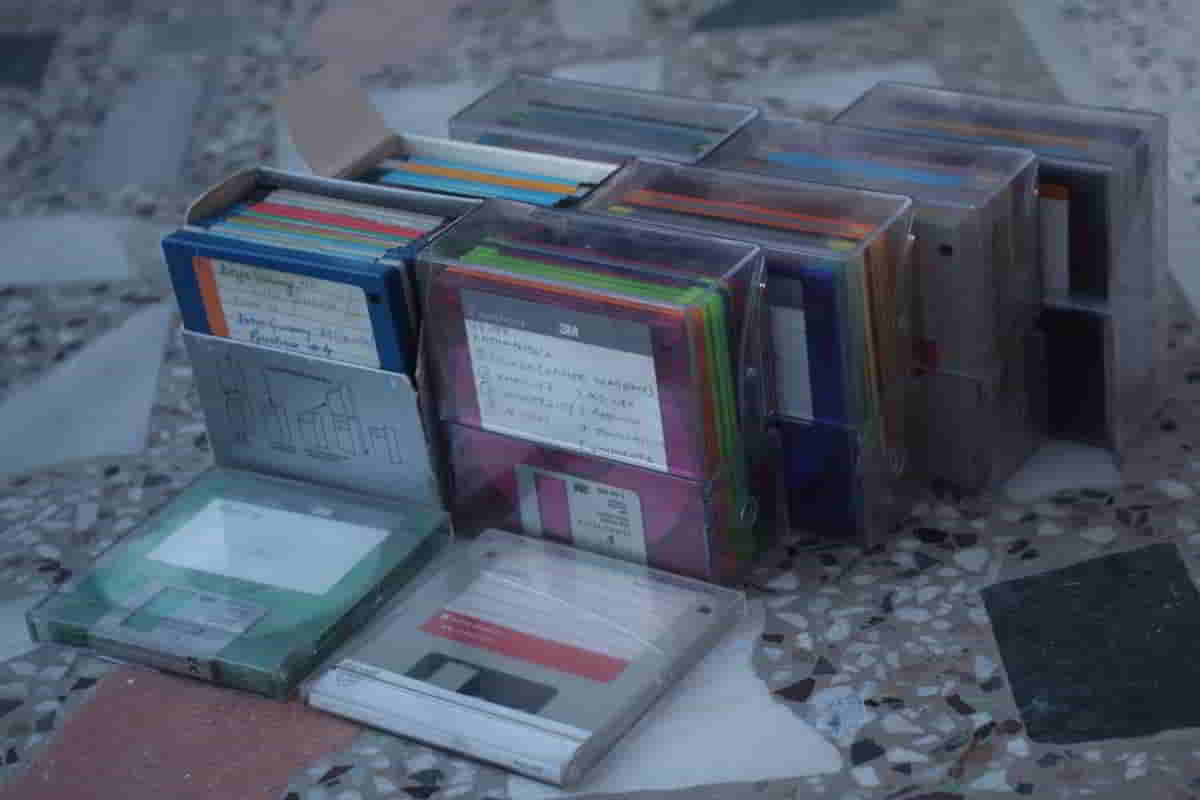
If you were born this century, you probably have no idea what those things in the above photo are.
They are called floppy disks. If they look familiar for reasons you can’t quite place, you are probably thinking of the “Save” icon found in pretty much every Microsoft Office software!
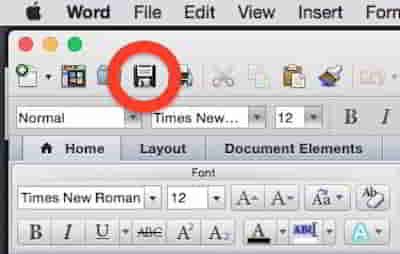
Microsoft Office Suite came after floppy disks! If you just learned all that, you can thank me in the comment section below! 😀 😀
Incidentally, the floppy disks in the header photo are all mine and I have so many of them obviously because I was born in the last century! Yes, both the floppies and I are old!
If you were born in this century, on the other hand, there’s a very simple, but good, reason for your not recognizing them: they are obsolete! Flash drives introduced around the beginning of this century replaced them.
And yet, a first grade Computer Concept textbook issued to my nephew by his school in Kathmandu still teaches about them as well as about a number of other obsolete, or near obsolete, things related to computers.
The first issue I have with the book is NOT even computer-related. Looking at the front cover of the textbook, you wouldn’t be blamed for thinking that this textbook might be either meant for schools in the West or produced in the West. Here’s why.
Why couldn’t they just use images of Nepali children? Clearly, the publisher and/or the author and/or the graphic designer have not thought much about the subtle messages this gives our mostly “brown” children. This, and similar other practices, is partly what fosters the tendency of Nepalis to accord greater respect for, or assign greater value to, everything that is “White.”
Open the book and turn to Chapter 2, you’ll be greeted by this.
Most middle and upper-middle class families in Kathmandu who can afford to send their children to a relatively expensive private school, such as the one my nephew goes to, probably own TV sets and monitors that do NOT look like that!
Turn to the beginning of chapter 6, page 17, this is what you find!
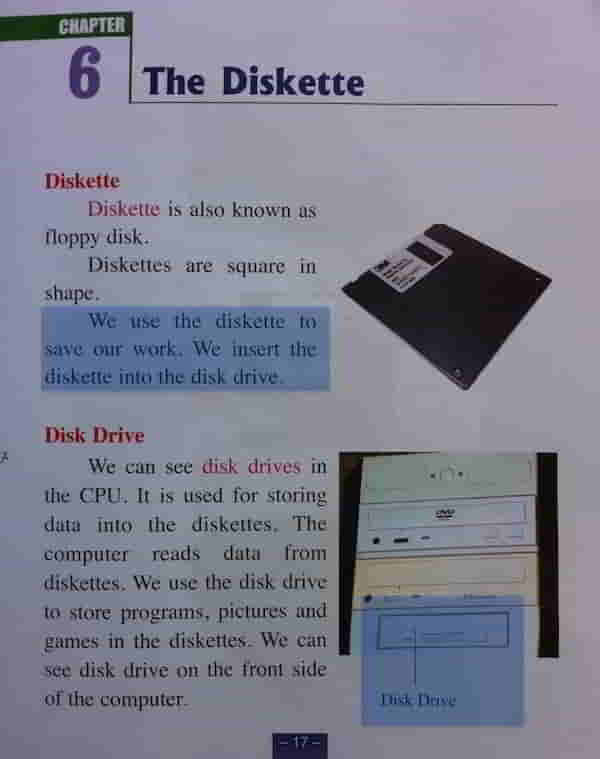
Of course, hardly anyone uses a floppy disk these days AND CPU normally don’t come with a disk drive anymore either! I would be impressed if the school has floppy disks and CPU’s with disk drives!
And yet, page 18 in the textbook “teaches” students all about disk care!
Page 19 is an exercise to test and reinforce all that “knowledge” about floppy disks!
Page 26, however, springs you with a surprise!
It tells you that “Floppy disks are not very common nowadays.” More like “Not common at all,” though a better option would have been to not include anything about it at all in the textbook!
After reading all that, you wouldn’t be blamed for thinking that someone who obviously does not know much about the latest developments in computers may have written the textbook and/or that the book must be really old!
You would be wrong on both counts!
Here are the details of the author and the series editor.
Clearly neither appear to be as unqualified as the textbook otherwise makes them out to be. They have all sorts of degrees!
Ok, ok, ok! I confess! I have no idea what HDSE , MCA and PGDIT stand for! I can only assume that they must stand for some important or advanced degrees or diplomas!
Here are the details of the publication dates.
Yes, when it was first published (in 2006), the images and information on the book may have been current! But notice it was revised and updated as recently as 2016! What DID they revise and update?!?!
I am left to conclude that the author, and everyone else involved in the production of this textbook, just did not care! How else do you explain such egregious oversights?!
This level of carelessness is not the first I have seen in a Nepali textbook.
The quality of textbooks in Nepal in general is quite poor whether they are government issued or published by a private publishing house and meant for the private school market. Poor quality textbooks are just one of the many reasons for the abysmally poor quality of education available to a majority of children in the country. When children, like my nephew, attending a school touted as “a progressive school” are taught from textbooks such as these, of course children attending government schools, where the majority go, are taught from worse books. I know because I have browsed through many of them!
(I have written about some of the other symptoms of the ailing education system of the country here, here, here, here, here, here, here, here, here, here, here, here, here, here, here, here and here. 😀 )
I am also surprised by the fact that my nephew’s teacher did NOT make the executive decision to completely skip the irrelevant parts, which, in addition to the poor quality of textbook, is yet another symptom of the poor education system we have in the country.
I very much doubt that she herself has floppy disks and a CPU with a disk drive!
Although, if there is some truth in what I learned recently, those who go into the teaching profession are ones who couldn’t and/or didn’t have the option to pursue any other career.
What I omitted to mention in the above Facebook post was the fact that in the Education Program, apparently there are specializations such as Higher Secondary School Education, Secondary School Education, Primary School Education, Early Childhood Education (ECE) etc. Guess who are expected to, do opt for, and are accepted into Primary Education/ECE? The ones with the lowest grades among those who enroll in the program!
In other words, those responsible for providing the educational foundation to our children in the country are those who are viewed — and therefore who probably also view themselves — as the least capable, among other things!
I have even been told that in order to be a teacher in Primary Schools and Early Childhood centers (Pre-schools), all that the schools are looking for is just High School Diploma (10th grade certificate)!
I am NOT, however, arguing that my nephew’s grade teacher is completely unqualified! No sir.
One should not and cannot judge the ability to teach based on just one example! My intention here is to point out a general issue with our textbooks and education system! Whether my nephew’s teacher is qualified, whether I think she is a good teacher is a completely different topic all together!
I suspect one reason, if not THE reason, for my nephew’s teacher not skipping parts of the textbook was probably not feeling empowered enough to do so!
Incidentally, having said all that, the national level 10th grade final exams don’t necessarily measure a student’s true academic potential or ability. It mostly measures a student’s ability to regurgitate! (Click here, here and here for more on that.)
To empower teachers, continuing with my work with teachers (click here, here, here, here, here and here for more), I shall be running a long-term workshops for science teachers starting next month. In the workshop, I shall be sharing my fifteen-plus years of science teaching experience to give them a different perspective on Science teaching…and learning. To become an effective teacher, I believe one MUST also want to learn!
What do you think?
* * * * * * * *
References
The following were added after the publication of the blog post because of their relevance.
Nepali Times (Sept. 14, 2018). After quantity, Nepal’s education needs quality. “Inadequate training of teachers and over-reliance on defective textbooks keeps learning sub-standard.” [Added Sept. 20, 2018.]
Nepali Times (Aug. 7-13, 2015). U r welcome, wanna cu ASAP 4 a drink. “Textbooks in Nepal’s schools aren’t just outdated, they are outrageously bad.” [Added Sept. 20, 2018.]
Kantipur (Aug. 6, 2018). अनुसन्धानमै बित्यो एक वर्ष | (A Year Gone Already in Investigation). This is about the corruption case Commission for the Investigation of Abuse of Authority has brought against Sajha Prakashan, public publishing house that produces all the textbooks public educational institution around the country use. “कर्मचारीका अनुसार [महाप्रबन्धक डोलिन्द्रप्रसाद] शर्माकी श्रीमतीको नाममा रहेको अक्सफोर्ड पब्लिकेसन र समिसम प्रकाशन नामक संस्था शर्माकै रहेको र समान प्रकृतिको संस्थाका सञ्चालक साझा प्रकाशनमा पदाधिकारी बन्नु नियमवालीविपरीत छ ।” [Added Sept. 20, 2018.]

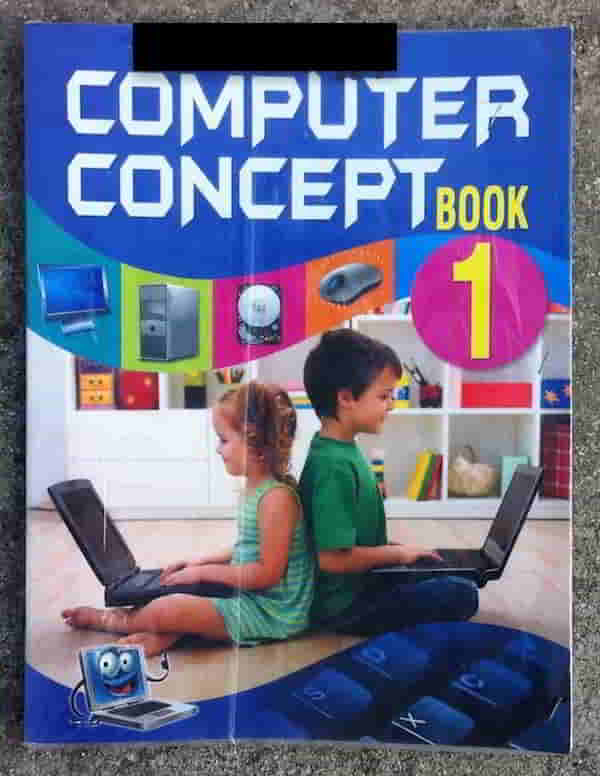
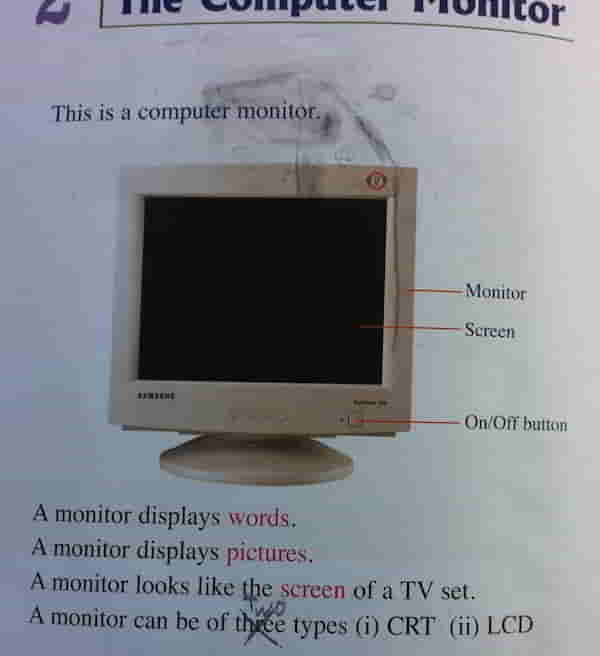
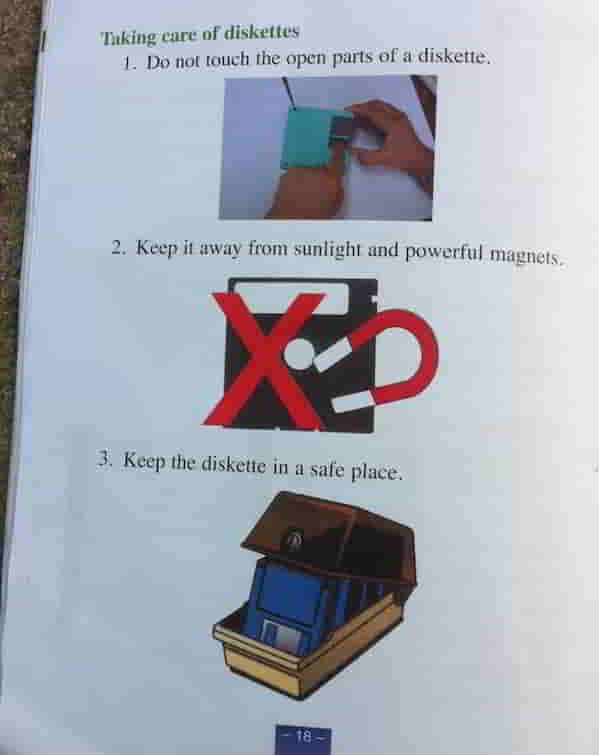
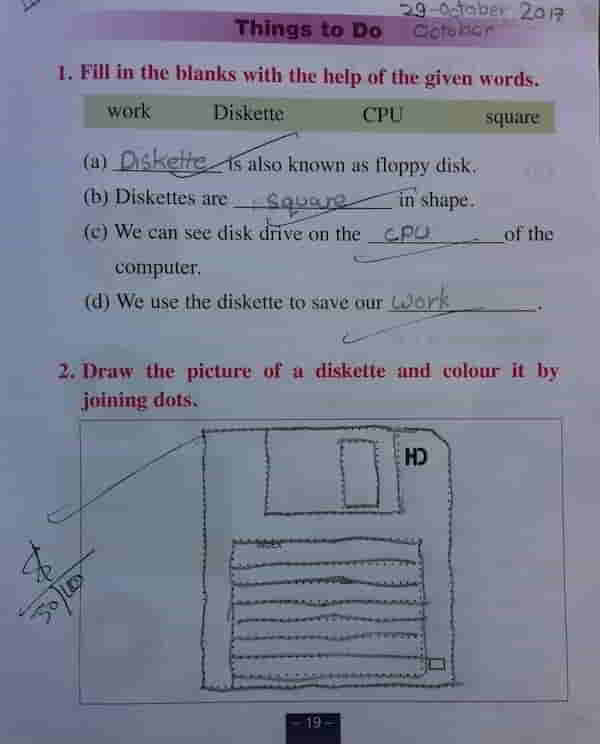
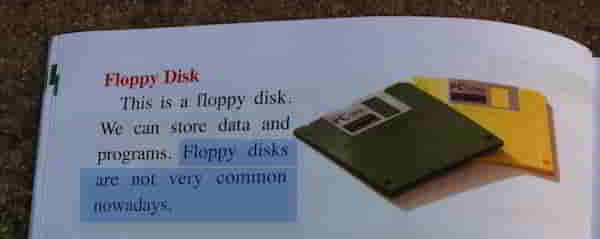
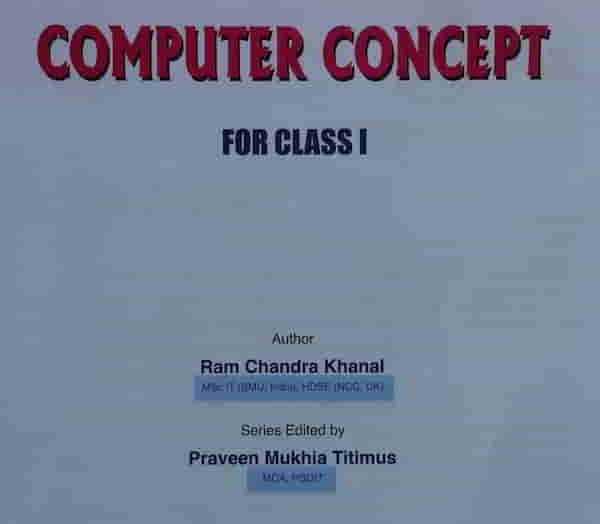
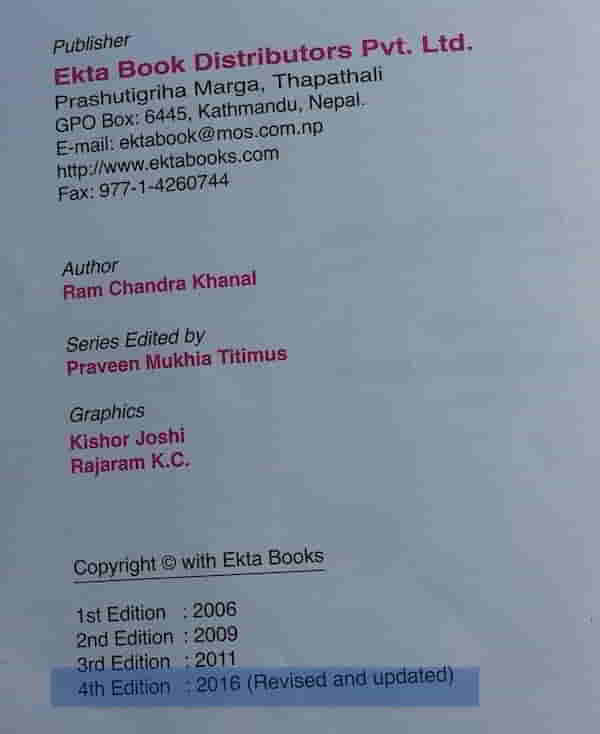
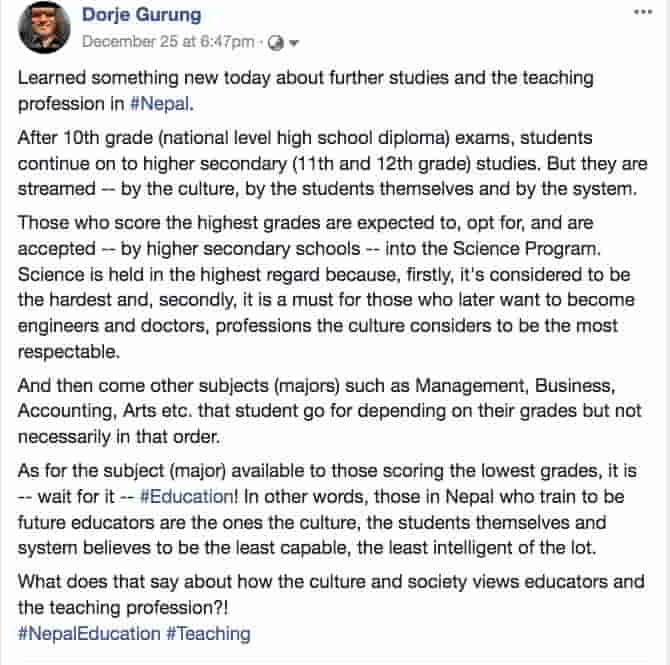
It is awesome sir!
Thank you Durgesh!